Since becoming plant-based about 5 years ago, this is by far the number one question people ask me upon discovering I don’t eat animals, nor their by-products. Where do vegans get their protein? Let’s investigate the misconceptions surrounding this query, then go over some major sources of plant-based protein.
Vegans receive their daily protein requirements from whole plant sources, such as beans, lentils, quinoa, oatmeal, nuts, and soy. The essential amino acids found in animal foods are all derived originally from plant sources. It makes little sense to assume that one needs to ingest meat, dairy, seafood, poultry, or eggs to obtain their protein.
How much protein do we actually need?
According to the Institute of Medicine, you should get at least 10% of your daily calories from protein, and no more than 35%. Men need on average 56 grams of protein per day and women need 46 grams. Women who are pregnant or breastfeeding require about 71 grams of protein on average according to the RDAs (Recommended Daily Allowances).
The USDA explains that your daily protein requirement is calculated by taking your body weight and dividing it by 2.2 to get your weight in kilograms. Then you multiply between .8 grams and 2.0 grams per kilogram depending on your activity level, stress, whether you are recovering from an illness, and whether you are pregnant or nursing.
For example, I weigh approximately 126 lb.s, exercise regularly, and am currently breastfeeding. Thus, to calculate my daily protein requirement I would take:
- 126 lb.s/2.2 = 57 kg
- 57 kg x 1.3 = 74 grams of protein per day
Interestingly, according to Dr. Michael Greger, founder of Nutitionfacts.org, adults require no more than .8 or .9 grams of protein per kilogram of healthy body weight per day. Therefore, my daily protein requirement is likely closer to 50 grams of protein per day.
Why the discrepancy between the USDA’s protein calculation requirements and that of numerous plant-based doctors?
The following video will provide a better perspective on conflict of interest held by the USDA on protein consumption and how this impacts America’s eating behaviors:
Always thoroughly investigate your sources. Ask yourself, what is it that this person or organization has to gain from putting this information out into the world.
For instance, the USDA serves a dual role in providing the country with nutrition education, as in determining America’s dietary guidelines, while also promoting agricultural businesses. There is a clear bias generated from the information pushed by this authority due to their promotion of meat, egg, and dairy industries. It is highly unlikely that this organization will advise people to eat less protein.
The second source I have listed for calculating dietary protein requirements is a physician who specializes in nutrition and lifestyle medicine. Dr. Greger donates the proceeds of every book he has written and every convention he speaks for to enhance the available medical research on health and nutrition. His website, nutritionfacts.org, is a free wealth of information.
So, why the large discrepancy between Dr. Greger’s and the USDA’s protein requirement calculation? To put it simply, nutrition is one of the most manipulated areas of science due to the financial interests behind our regular eating behaviors. By encouraging American’s to eat large amounts of protein this translates to most people as, “eat more meat, eggs, fish, dairy, and poultry”.
Is there really any need to actively seek out foods with high protein content?
Through further investigation, I have come to the conclusion that dietary protein calculations are largely unnecessary. This is reinforced by the fact that there has never been a documented case of protein deficiency without an underlying calorie deficit.
If you are getting enough calories you are getting enough protein!
Most people in developed countries obtain well above their daily need for protein. This is due to the fact that virtually all whole natural foods contain some amount of protein. Only extremely refined foods such as oil, candy, and soda contain zero grams of protein.
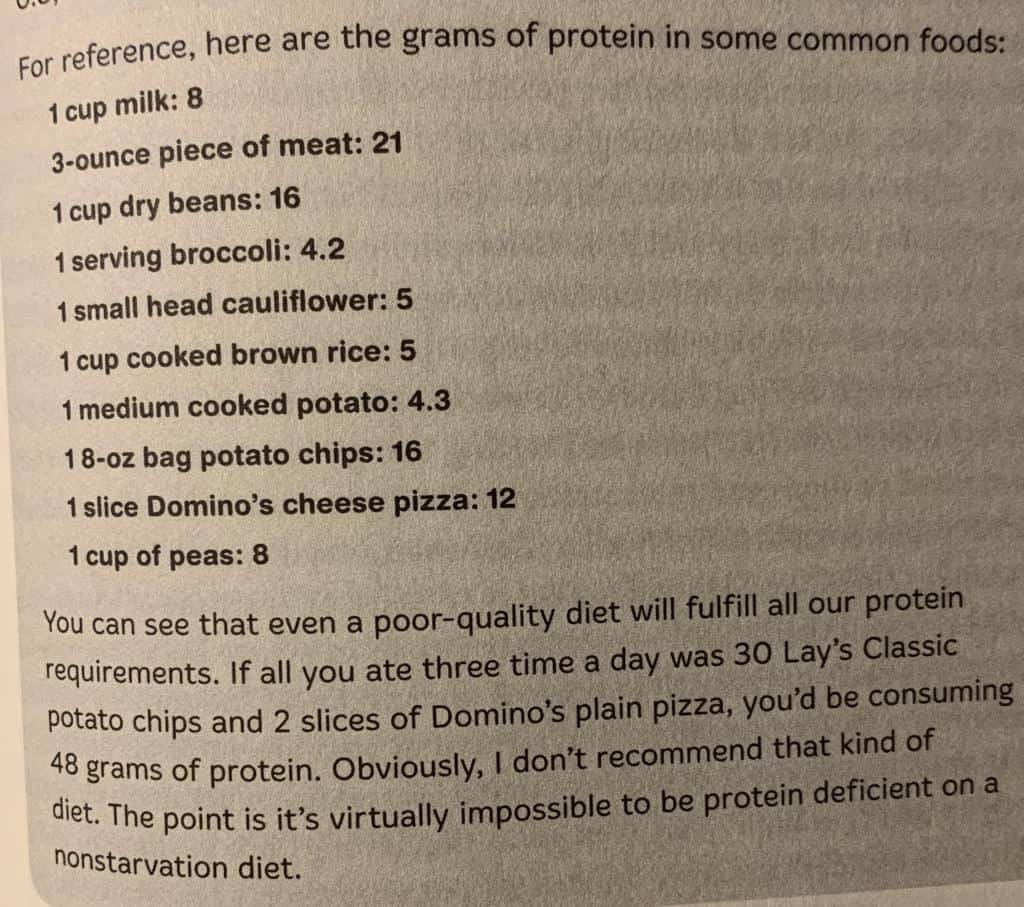
According to the National Health and Nutrition Examination Survey (NHANES), men eat on average 102 grams of protein per day while women eat an average of 70 grams. These amounts are well above the daily recommendation. Dr. Davis reports that these numbers are still largely underestimated.
The large agriculture businesses have spent billions on marketing campaigns to convince the public how they need to be consciously increasing their protein intake via meat, eggs, dairy, fish, and poultry. Their strategies are so successful that these foods have actually become synonymous in the English language with the term “protein”.
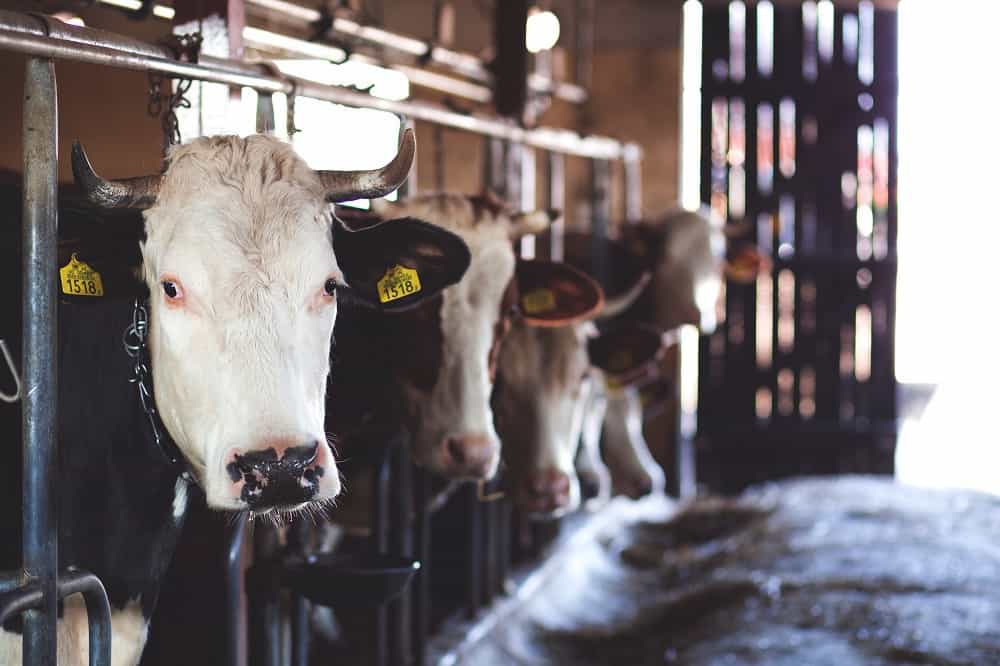
Some populations such as the elderly, the bedridden, pregnant/nursing women and elite athletes are historically considered as having higher protein requirements, although my research maintains that this perspective is trivial at best. At first glance, this idea seems plausible due to the need to maintain or increase muscle mass in each of these individuals.
Increased protein intake does not necessarily equate to increased muscle mass, however. The body can only absorb and utilize so much protein at once. For more on individual protein requirements for “high-risk populations” click here (coming soon).
What happens when we eat too much protein?
People around the world are far more likely to suffer from the over-consumption of protein than from protein deficiency. There are numerous adverse effects associated with a high protein/high meat diet:
- Disorders of kidney function
- Disorders of bone and calcium homeostasis
- Increased cancer risk
- Disorders of liver function
- Precipitated progression of coronary artery disease
- Diabetes
- Obesity
The large agricultural businesses are toting high protein diets to influence the public to consume unimaginable amounts of animal products. Don’t be fooled by these masterful marketing schemes. You are able to get more than enough protein consuming just about any diet you choose to stick with.
As long as you get a sufficient amount of total daily calories from real foods you need not worry about protein adequacy.
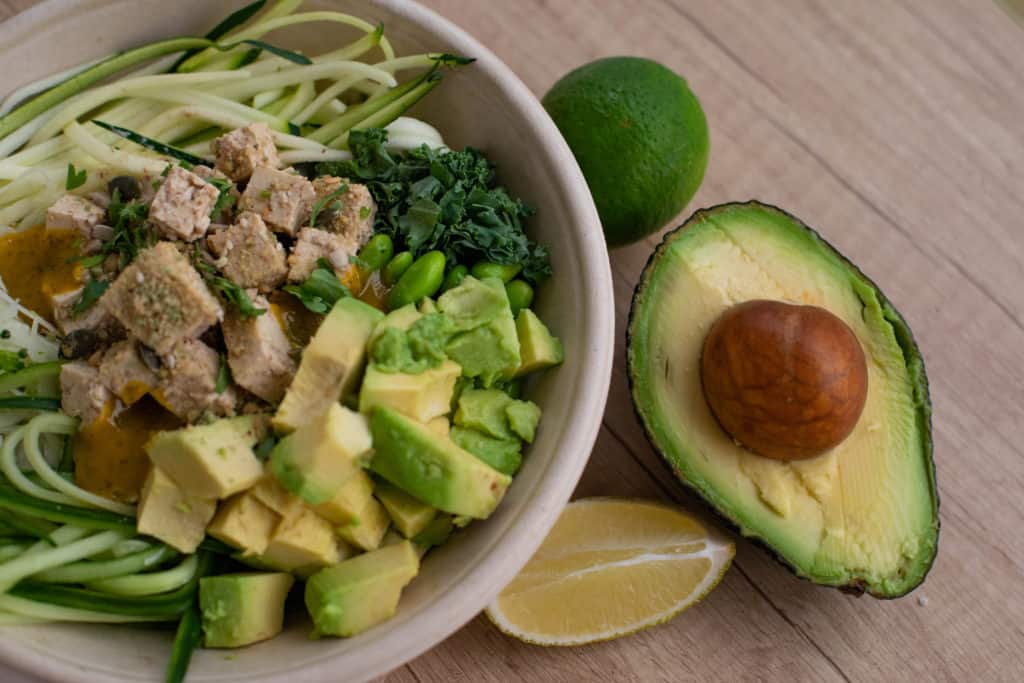
Should vegans use protein powders?
The supplement industry intensely promotes added protein in the diet. If you have read the beginning of this post I hope you are starting to become more aware of the unnecessary use of added protein supplementation, such as protein powder.
There are both vegan and non-vegan varieties of protein powder. Just because they are vegan, however, does not mean they are “healthy”.
If you decide to go ahead with protein powder, you may want to do a more in-depth investigation before making a decision, as these supplements can pose serious health risks. According to the Cleveland clinic, when choosing a protein powder you want to look for three essentials:
- It’s organic
- It has few ingredients
- It is tested by a third party
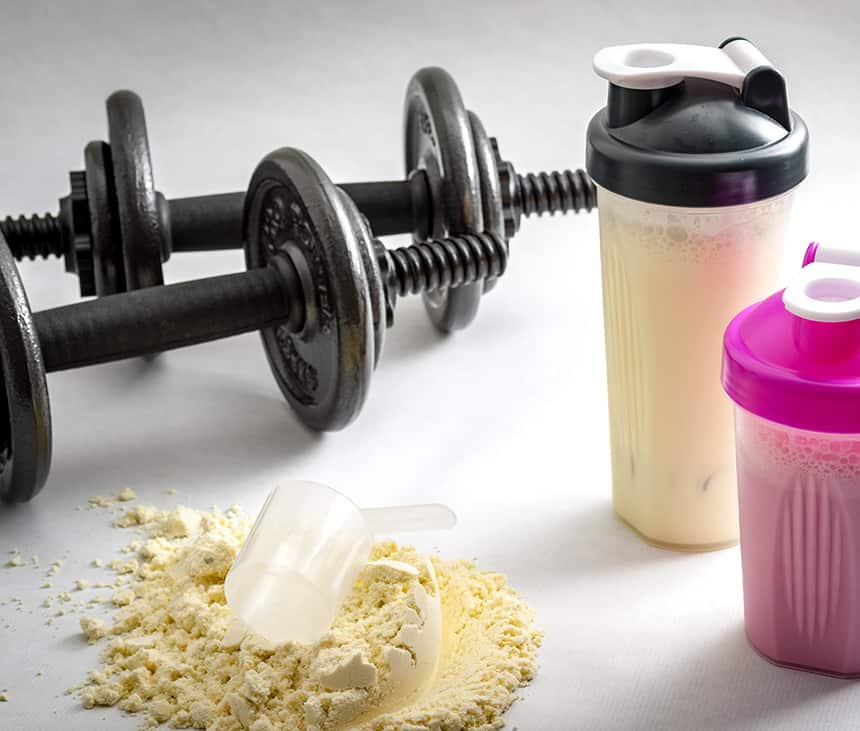
Protein powders are similar to supplements in their regulatory standards. They’re not closely monitored and thus may contain unknown ingredients, or a different amount of the ingredients listed on the label.
A third party allows for more reassurance that you are actually getting what you think you are paying for. In other words, these companies will verify the ingredients found in the powder to ensure safety and effectiveness.
In one study, researchers tested 134 protein powders for 130 different toxins and found many of them contained pesticides, heavy metals, (such as cadmium, arsenic, lead, BPA, and mercury) and other contaminants proven to create a heightened risk for cancer and other health conditions.
Is it necessary to combine plant-derived protein sources to ensure adequate intake of all 8 essential amino acids?
Let’s discuss exactly what a protein is for a second.
Proteins are large complex molecules made up of hundreds or even thousands of amino acids. They facilitate many crucial functions in the body involving the structure, function, and regulation of body tissues and organs.
There are a total of 20 different amino acids that can be combined to make a protein. 8 of these are considered “essential” amino acids because they cannot be produced by our bodies. These essential amino acids must be consumed through our diet.
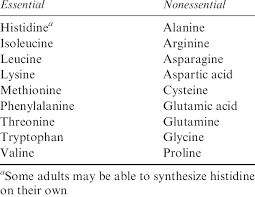
Researchers used to argue that animal-derived proteins were superior to plant proteins in that they contain all of the essential amino acids. This has been retracted among the scientific community, even though the myth continues to cause confusion among the public and researchers alike. For more on animal protein vs plant protein click here (coming soon).
All essential amino acids originate from plants and microbes, (which is where the animals get them in the first place). And all plant proteins have all essential amino acids.
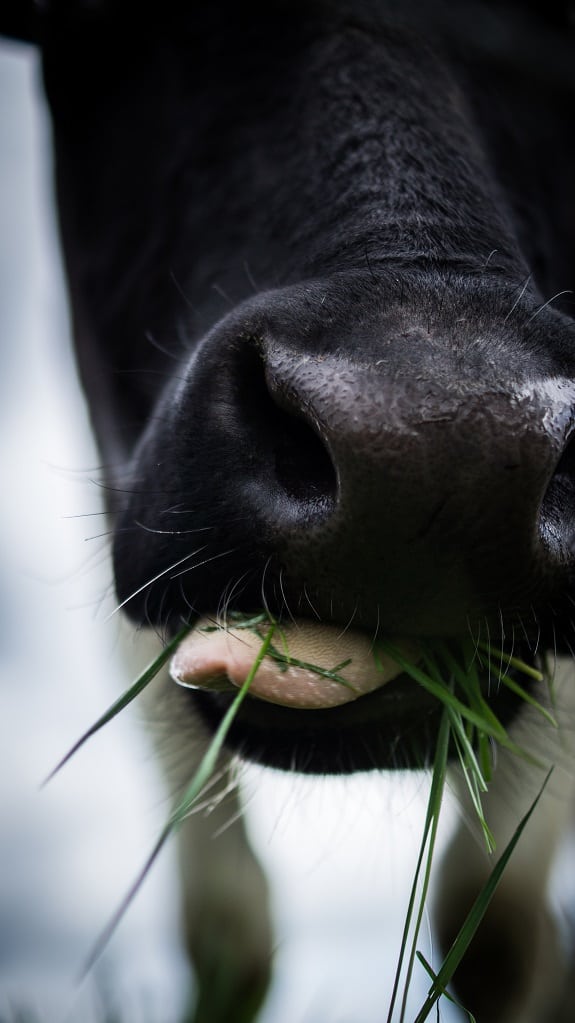
Protein complementing is the act of combining several foods, typically from plant sources, in an attempt to generate a complete dietary intake of all 20 of the amino acids combined.
The need for protein complementing has been an ongoing debate since the 1970s. Fortunately, this is another vegan myth that you don’t need to concern yourself with.
According to Jeff Novick MD RD, “any single whole natural plant food, or any combination of them, if eaten as one’s sole source of calories for a day, would provide all of the essential amino acids.”
Furthermore, those who consume a plant-based diet have been shown to consume twice the amount of daily required amino acids on average, according to Dr. Michael Greger.
Whole plant food sources of protein
If you are still curious about the protein content of plant foods, I have included a table with some of these high protein plant sources below:

Major highlights on vegan protein
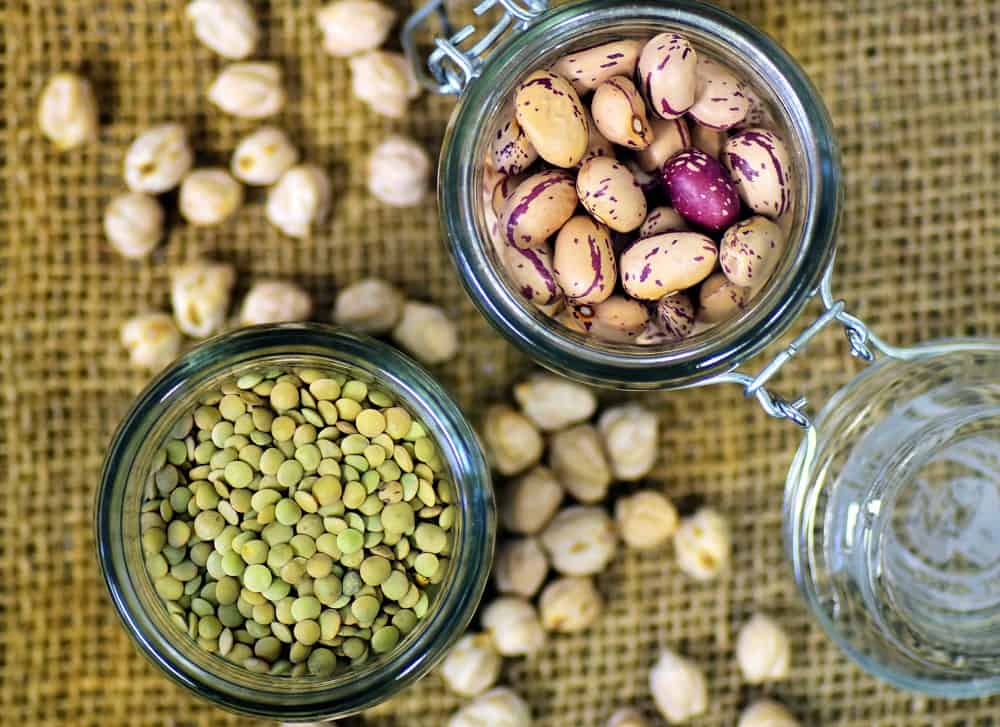
The important takeaways from this article include the following:
- There is no need to stress out about getting enough protein regardless of the diet you consume.
- Plants contain sufficient amounts of protein needed by the human body.
- There is no need to combine or “compliment” plant protein sources in order to get all the amino acid requirements for your body.
- Consuming excessive amounts of protein is harmful to your heart, kidneys, and your body’s ability to carry out critical functions.
- Protein powders and other protein supplements are not only unnecessary but come with major risks.
- Become an informed consumer. Do your research before making any decisions about your health and make sure that information is coming from reputable sources.
Karli Jackson
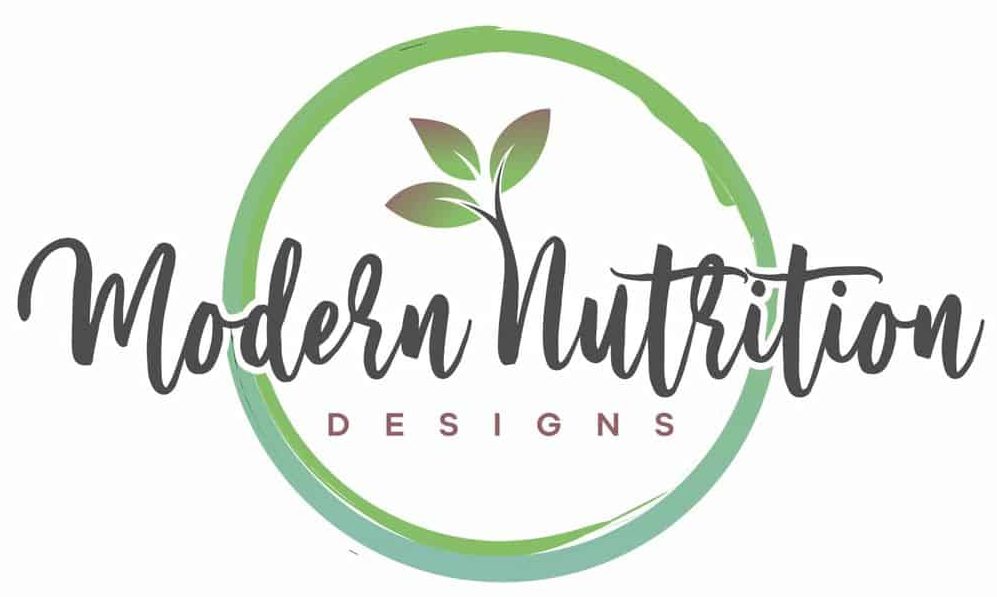

4 Responses
Thank you so much for taking the time and research to write this information. It answered a lot of questions on protein plant base diet. I like also the calculation of protien requirement per day and the use of protien drinks.
Thanks for your comment. I’m glad you enjoyed the post! I had a lot of fun writing it. It seems a lot of people are interested in this topic.
Wow an Wow again this article answered all my questions that I was so concern about. Protein is a huge concern an this information put my mind at ease. Such an easy read with a wealth of Information. Thank you so much
You are so welcome! I learned a lot from researching the information for that post. I’m glad others can find value in it, as well.